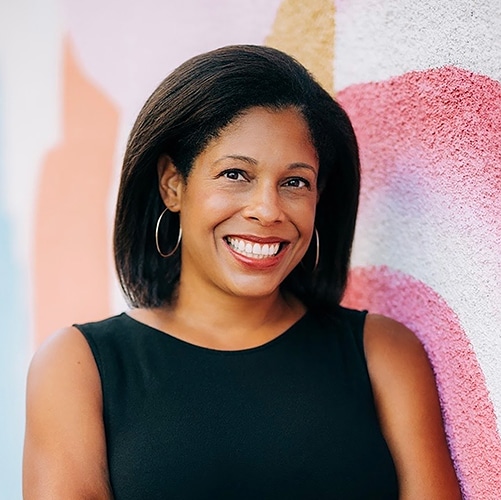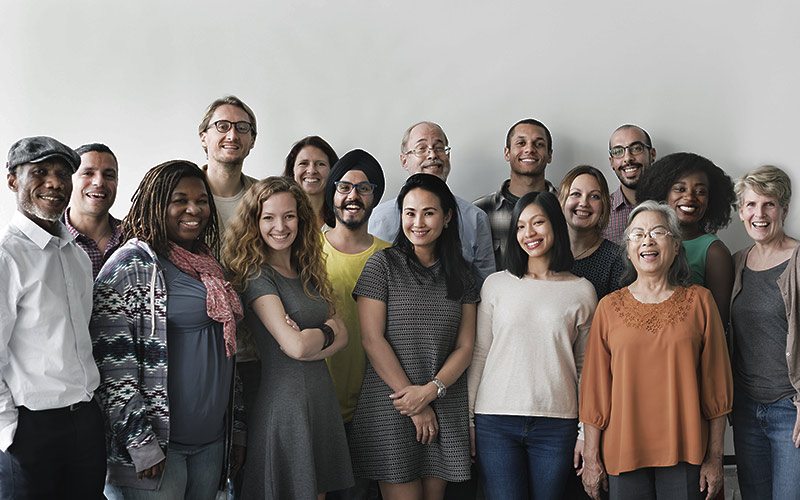January 20, 2022
Lauren Kelly
Is Your Brand at Risk for Not Upgrading to Activism 2.0?
7 minutes

Powered by digital and bolstered by countless brave voices, #MeToo and #TimesUp ... crashed into North American mainstream consciousness, propelling forth a freshly-charged gender equality movement for our current era. Next came #BLM, catalyzed by the unfortunate tragedy of George Floyd’s murder. It’s heartening that even amidst a global pandemic, this arrived at the forefront of the global news cycle, highlighting humanity’s enduring desire to protect thy neighbor, and fight for dignity, equality and justice. A slew of other equally important movements have continued to enter the scene, including on topics such as sexuality and identity, toxic workplace culture, and so on.
If we were to take these recent movements and activities and classify them as “Activism 1.0,” an inevitable question surfaces:
Activism 2.0 will weed out the fakers
Admittedly, in many ways, Activism 1.0 was fairly easy to follow. The groundswell of movement was so big, unexpected and sweeping, it was pretty much impossible to deny or avoid addressing. And because it was so fresh, most brands could show progressiveness and solidarity simply by joining the conversation publicly. Some examples of this type of responsive surface-level activity include blacking out certain social media channels for a period of time, sharing out through those same channels powerful quotes along with “social impact” commentary, or encouraging employees to talk about the issue amongst themselves.
Frankly, much like navigating the ocean with a well-drawn map, Activism 1.0 provided companies and leaders with a pretty easy-to-follow, if uninspired, playbook.

Reminder: Activists are not brands, they are people
How do brands unearth the information and data they require to figure out which substantial steps they must take towards true, sustainable 2.0-level activism? As tempting as it may be to pursue this exercise like a traditional strategic plan, this will not work. As a former management consultant and strategy-focused executive — who’s worked with and researched hundreds of different companies across industries — I can tell you that effective, large-scale change can only be made by first recognizing each business and its culture as unique, and tackling each challenge as totally fresh, with curiosity and openness.
Activists are not brands, they are people, and it is groups of people that create a movement. A durable vision for how your company will approach the social issues and challenges to come requires a bottom-up-middle-out approach.

Buy-in is a timeless virtue
As difficult as it is to put your brand in the hands of the people in your organization, people will not support what they do not believe. Another way for brands to ensure a smooth transition to 2.0 is by asking their people outright whether there is an opportunity to help empower and align them through education.
How much of it is our responsibility as business leaders, for instance, to step in long after school graduations and do our part for the greater community and our teams, to remedy miseducation and pursue truth and reconciliation?
These are the types of questions and topics that if raised with people across the organization in a safe and bias-free manner — not just with company managers and the CEO — will build trust and true buy-in towards being a truly in-touch organization that can take substantial steps toward having an impact on social causes.




